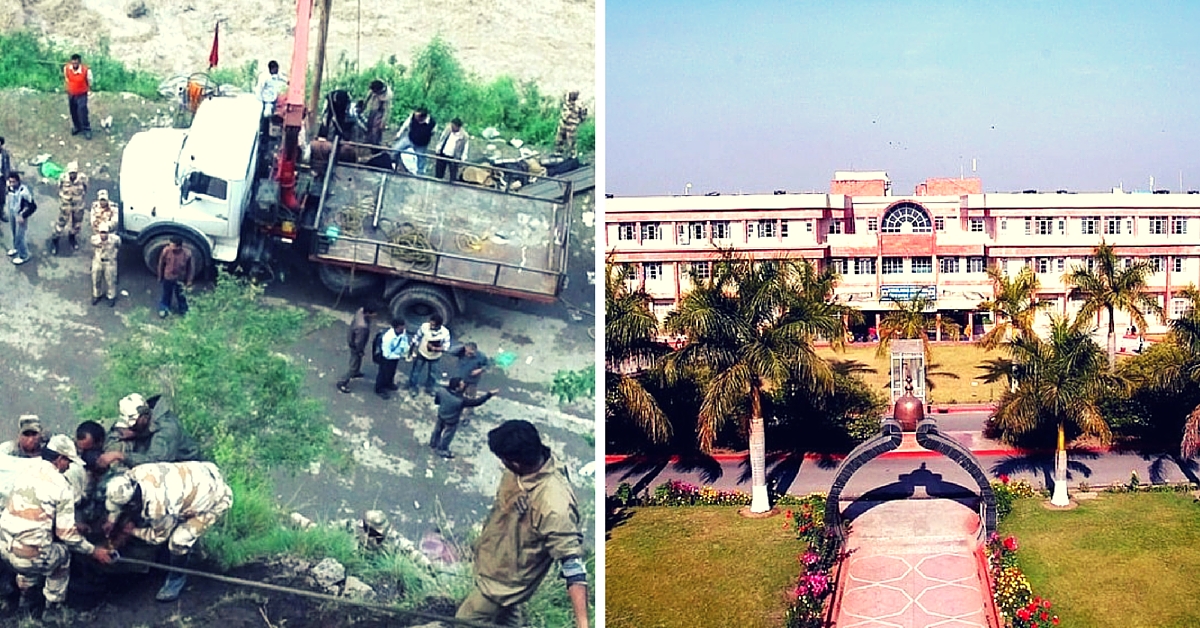This University Trained People to Deal with Mental Health Issues After the 2013 Uttarakhand Floods
While we as a country tried to give our best shot to help rehabilitate the living conditions after the Himalayan Tsunami of Uttarakhand, we forgot to notice the impact that disaster had on the mental health of people who had suffered.

The Himalayan terrain is a hazard prone area. After the Himalayan Tsunami of Uttarakhand in 2013, the entire nation came forward to provide relief material for residents in the region – first aid, food, clothes, medicines, etc.
However, while we as a country tried to give our best shot to help rehabilitate the living conditions there, we completely missed to notice the impact that the disaster had on mental health of the people who suffered.

Source: Flickr
There was an acute need for sensitization to help them deal with the psychological impacts of sudden personal loss or losses faced by the community. As people try and return to their normal lives after such disasters, visions and memories keep haunting them and affect their mental health. And if this impact persists over a long time, it may turn into a case of Post-Traumatic Stress Disorder (PTSD).
For this very reason, a programme was initiated by Swami Rama Himalayan University, which is located about 25 kilometres southeast of Dehradun city, near the Jolly Grant Airport. The objective of the programme was to conduct workshops for grass root health workers and introduce them to Psychological First Aid (PFA) with training. They were taught how to identify the symptoms and to screen patients; how to communicate with them and to address their issues; and when to take them to trained psychologists in the hospital for a proper therapy.
It is very important to equip Accredited Social Health Activists (ASHAs) and grass root health workers with proper knowledge on how to handle such situations. They are closest to the community in a village, and also belong from the same region. Moreover, sometimes they are also going through the same conditions as their fellow village members. They are aware of the ground realities and can empathize with people better than any outsider coming in to help.
After receiving the training at the university, they went back to their respective villages and helped in training more health workers on the field so that it could have a chain effect. Each worker went from door to door in their areas, filling up a questionnaire as they screened people based on the symptoms. The psychologist on the field looked at the patients, gave them the required therapy and took them to the hospital in severe cases.
Training the health workers on how to provide Psychological First Aid did bring about a significant change in the community. Watch how it was done:
– Rajbir Kaur
Like this story? Or have something to share? Write to us: [email protected], or connect with us on Facebook and Twitter (@thebetterindia).
This story made me
- 97
- 121
- 89
- 167
Tell Us More
We bring stories straight from the heart of India, to inspire millions and create a wave of impact. Our positive movement is growing bigger everyday, and we would love for you to join it.
Please contribute whatever you can, every little penny helps our team in bringing you more stories that support dreams and spread hope.


















